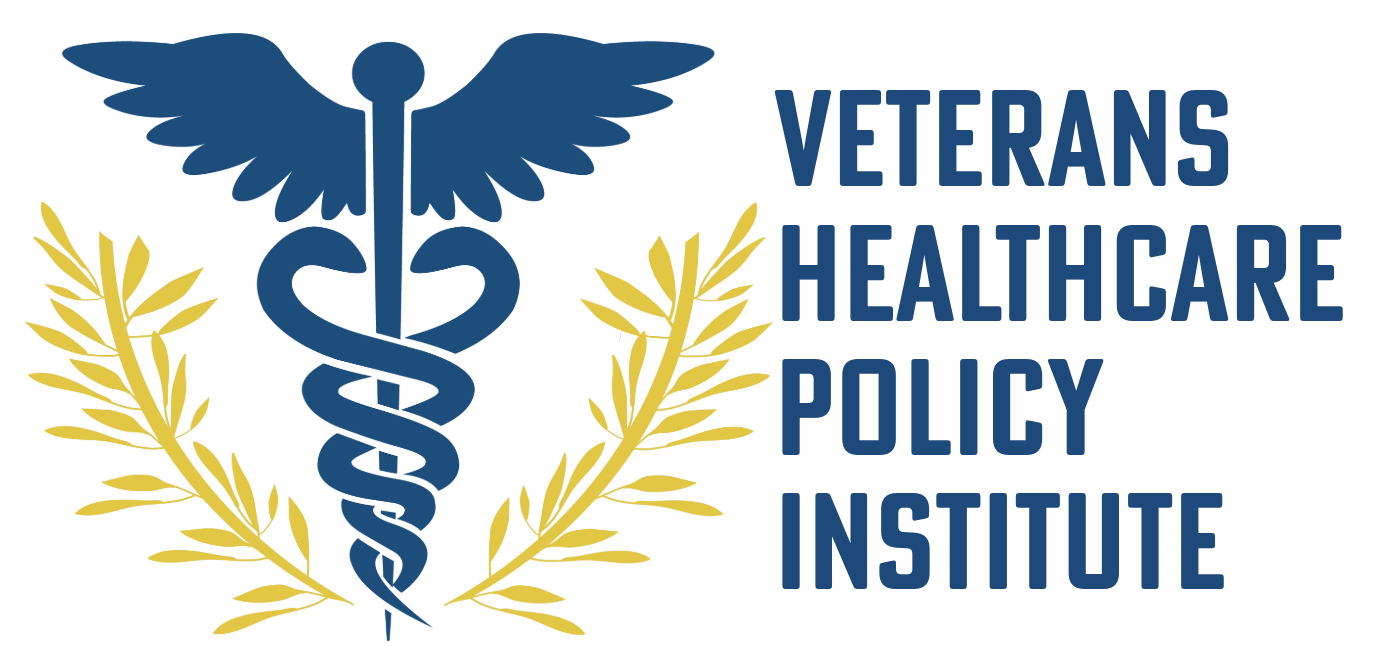The realm of veterans health care policymaking has, for a decade, been dominated by a dangerous libertarian fallacy, namely that greater personal choice and less government involvement are unequivocally advantageous. Allowing more options, lawmakers and advocates contend, benefits every veteran. It’s even framed as a patriotic “defense of freedom.”
A pair of bills being actively considered in Congress represent the culmination of this fervent, albeit deeply unfounded, conviction. For the first time, powerful Senators are pushing for veterans to have total leeway to decide where they wish to receive care — at a Department of Veterans Affairs (VA) facility or in the private sector.
The impact of these proposals will be calamitous. In the name of health care freedom, millions of veterans will lose VA choices, options they not only depend on but are of superior caliber. With in-house care as the default, the VA consistently furnishes integrated health care of higher quality and with shorter wait times than the private sector.
Due to previously passed laws, millions of veteran patients and billions of dollars have already poured into private providers. To understand the consequence of these new bills, water provides a helpful allegory. Imagine, for a moment, two hillside landowners who share the same stream. One lives uphill, near the stream’s source. The other has a dwelling downstream. For years, the two households have had ample supply for their respective needs. But then, the household up the hill plants crops and irrigates them, diverting an increasing amount from the stream. In short order, the downstream home’s water dwindles, and its owner is forced to move.
Veterans’ health care is now nearing this type of inflection point. Should the private sector obtain unfettered upstream dollars, too little will be left downstream, leading to the closure of VA programs and units. This will imperil the 2.7 million men and women who rely exclusively on the VA for all of their health care needs and the 1.6 million who use it for most of their care. Many have catastrophic war-related ailments, like lost limbs or traumatic brain injuries, which civilian providers are ill-equipped to treat. In July, the Disabled American Veterans urgently sounded the alarm over this future with an article entitled “A Broken Promise: What if VA Care Goes Away?”
To read the rest of the article at Task & Purpose, click here.


